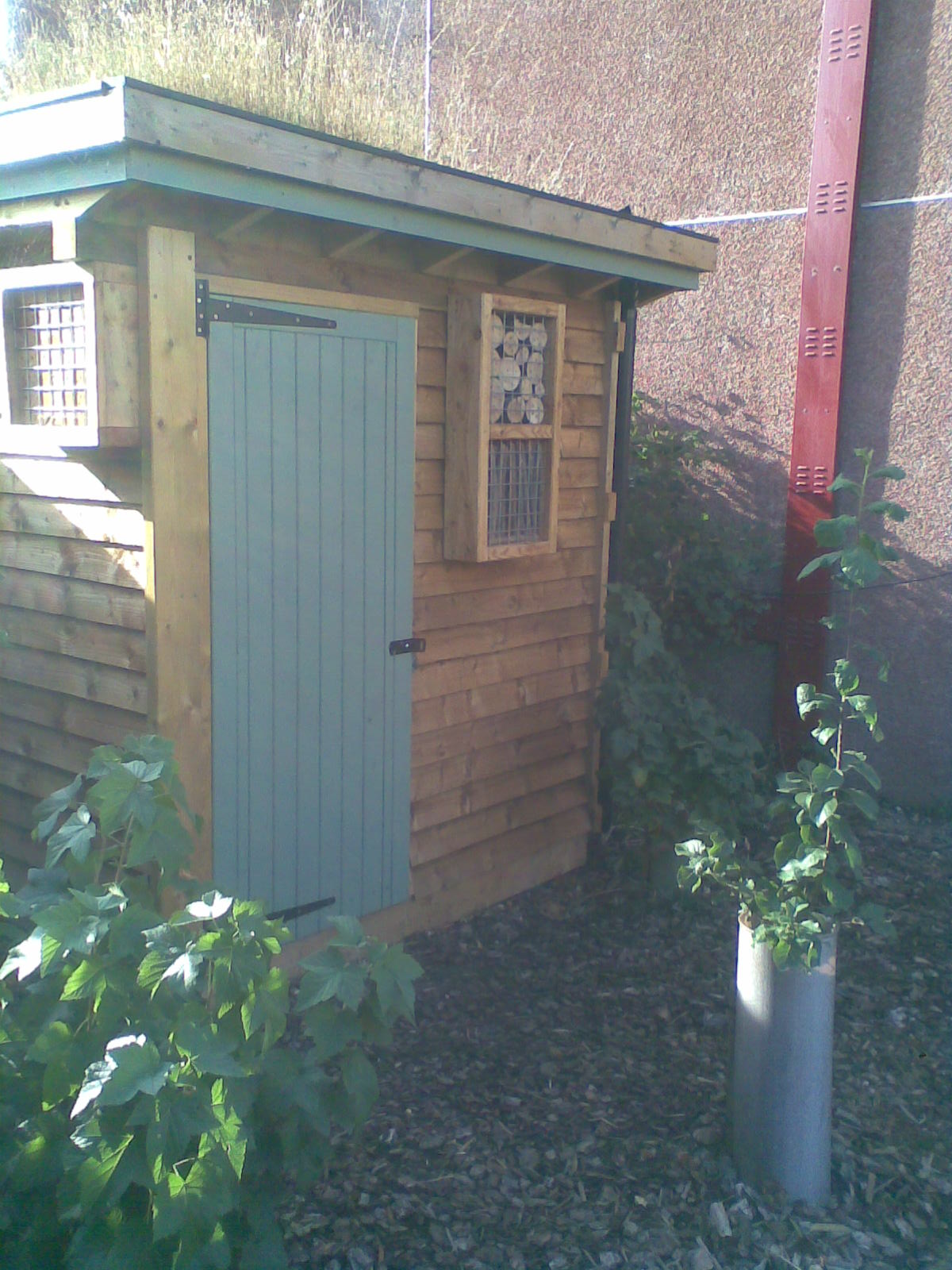 .
.
THE NEW COSMOPOLITANISM: A conference considering GLOBAL MIGRATION AND THE BUILDING OF A COMMON LIFE.
CTC’s Research Co-ordinator Caitlin Burbridge writes about this exciting event taking place on 14/15 October.
The global expansion in migration means large cities like London are becoming home to new waves of migrants. This change has instigated new ideas about social interaction, religion and cultural identity. In October, the Contextual Theology Centre will be partnering with the Kroc Institute of International Peace Studies to host an interdisciplinary conference sponsored by the Contending Modernities project.
The conference, which grows out of our work in East London, offers:







